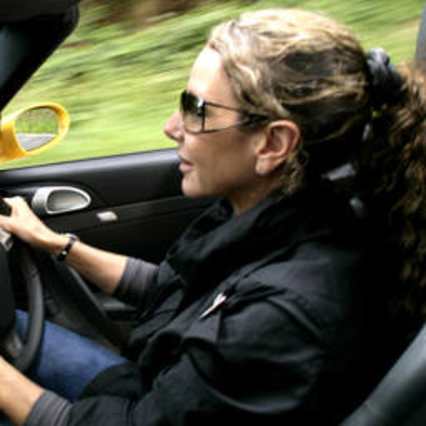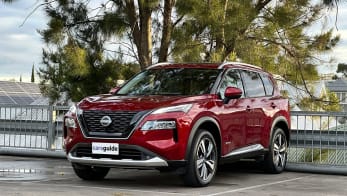In fact, every year Aussie workers burn 16 sydharbs - 16 times the 500 million litres capacity of Sydney Harbour that has become a standard measurement - or more than 8 billion litres of fuel in total.
In the last census, commuter and business travel accounted for about 105,434 million kilometres in total - about 49 per cent of passenger vehicle movement in Australia - with an average fuel consumption of more than 11.4L/100km.
Petrol was 87.9 per cent of the 18.1 billion litres used for all passenger travel, so a rough estimate would indicate commuter/business travel used 7.8 billion litres of petrol, with the diesel taking the lion’s share of the remaining 1 billion litres split between it and LPG.
And commuters could have cut that by 15-20 per cent - at least a billion litres, says automotive industry expert John Cadogan “A billion litres is a box as big as a football field on the base and stretching a kilometre into the sky. It’s a massive amount of fuel wasted just to get people to work."
“Cars are fantastic as transport but unbelievably bad as mass transit. There are ways to save 15-20 per cent of your fuel consumption, but we don’t get advice about that because the Federal Government doesn’t want to cut off the flow of revenue - the 38c per litre plus 10 per cent GST means close to 50c per litre is government tax.
“It’s a tidy little revenue stream. Which is why the federal government only pays lip service to the idea of reducing fuel consumption, rather than training Australians to drive with better efficiency."
“There’s no financial imperative for them to reduce the nation’s fuel bill.”
Cadogan says Australia’s road infrastructure is also part of the mass transit problem, boosting congestion and increasing the amount of time we spend on the road - and the amount of fuel we burn. “When you combine the large distances that many Australians drive to work in a largely urban sprawl environment on second-rate roads, you get an absolute disaster recipe - it’s little more than a quasi-static car park,” he says.
“It’s the least efficient way to move people from A to B.” Cadogan says there are achievable solutions for the current - and future - near-gridlock. “A significant investment in infrastructure now would benefit the nation in about 10 years time when we’re really going to need it,” he says. “But even now, the road system is overwhelmed in capital cities twice a day."
“However, it’s much better at night and in the middle of the day, so if we could be more flexible with work start and finish times, we could stagger the peak traffic.”
Cadogan says that just five per cent of staggered ‘bundy’ times would be enough to improve the traffic flow considerably. “The drop in school holidays is about five per cent, and the traffic becomes noticeably easier,” he says.
“Working from home one day a week would have the same result if a significant number of Australians did it. It’s all about getting cars off the road in peak times."
“And the CSIRO estimates the price of oil will keep increasing, but demand from China and India could mean that it could become prohibitively expensive,” he says.
In the meantime, he has some blunt tips for reducing your fuel bill if you have to drive to work. “Don’t drive like a ratbag… jockeying for position, cutting people off. There’s absolutely no benefit in A-to-B time, and every time you get heavily on the pedal to cut somebody off, you pay a huge premium in fuel."
“The selection of car you commute in is crucial - it’s extremely inefficient to put one person, a briefcase and a cut lunch in a car that weighs 1.8 tonnes, or a race-ready sportscar. Your average commuter payload is 100kg, and the smaller the machine and engine in relation to the payload, the more efficient it is."
“If you are going to commute, get a little $13,990 city car and you’ll be at the office in the same time as in a Porsche 911. You’ll just use less fuel - and maybe be more comfortable.”



.jpg)
.jpg)

.jpg)

.jpg)
.jpg)










.jpg)
Comments